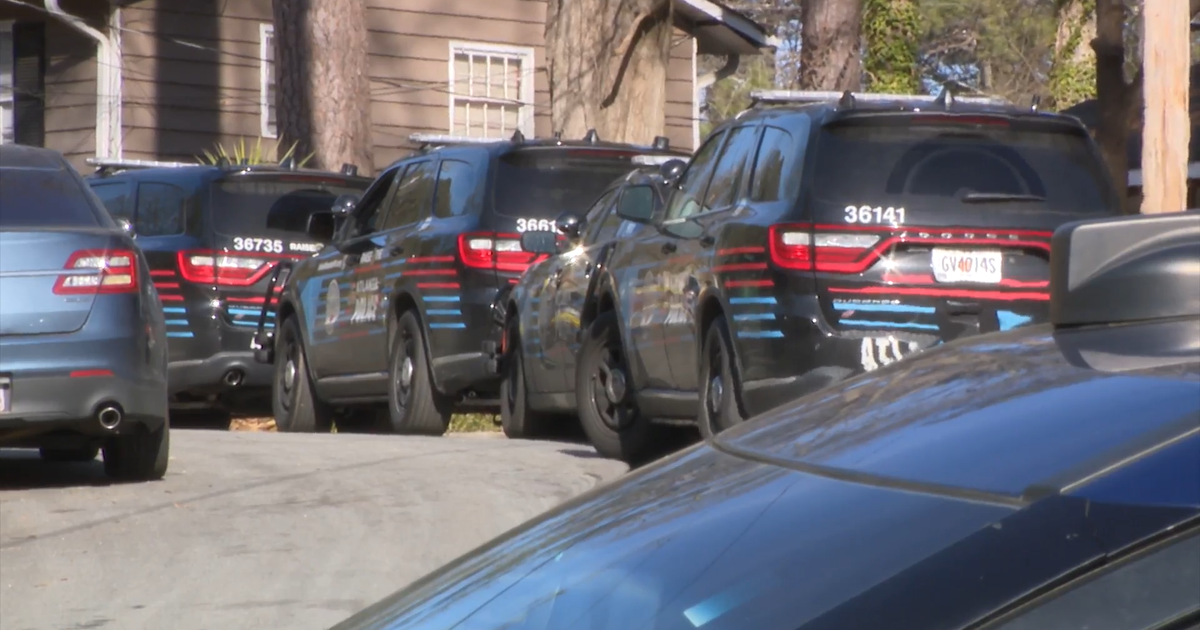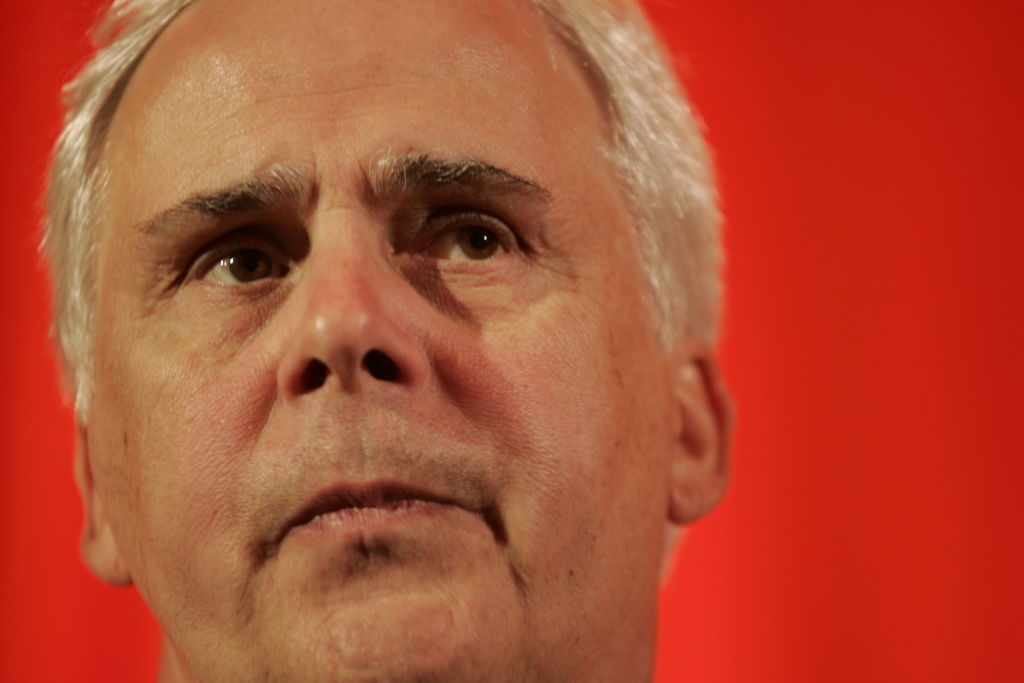Transcript: Frederick W. Smith on "Face the Nation," March 22, 2020
The following is a transcript of an interview with FedEx CEO Frederick W. Smith that aired Sunday, March 22, 2020, on "Face the Nation."
MARGARET BRENNAN: We now go to the chairman and CEO of FedEx Frederick Smith, who is in Memphis, Tennessee, this morning. Good to see you. Thank you for joining us.
FEDEX CEO FREDERICK W. SMITH: Good morning.
MARGARET BRENNAN: Our latest reporting is that this bill Congress is still negotiating contains about eight billion dollars in rescue money for carriers. Will your company be seeking any part of that federal aid?
SMITH: I don't think so at this point in time. It would only be available or needed by FedEx, and the all cargo industry if things really get bad and then only in the form of loan guarantees. Now the passenger carriers, which have a 50 billion dollar package, that's a different story. They're in very dire straits with significant lack of demand. That's not the situation with us. In certain cases, our business has actually increased because of this situation. In others, it's declined. So I doubt that we'll need it, but it's a good thing to have there so we don't have to shut down long term projects like facility construction and purchase of airplanes and trucks and things of that nature.
MARGARET BRENNAN: Provide some certainty for your planning. But your CEO of one of your divisions, FedEx Express, signed onto a letter yesterday that was released. He signed alongside some of those passenger carrier CEOs and it urged Congress to swiftly pass this bill they're still negotiating or saying there will be mass furloughs, there will be mass layoffs. What size of- of layoffs are we talking about? What is your company expecting?
SMITH: Well, FedEx is not expecting any layoffs at all, quite the contrary. Our people are working very heavily on both the business-to-business side, moving things for hospitals and diagnostic labs, picking up specimens and getting them into the various locations where they can be tested. The passenger carriers, again, that's a completely different story. They have very little demand at the moment for their services. And if they don't get this 50 million dollar relief and I think that's mostly loan guarantees as well, they will begin massive layoffs. They have no option.
MARGARET BRENNAN: There are for you, and in the cargo side, you are still able to function to deliver things around the world. But there are significant travel restrictions. What are you seeing in terms of supply lines staying open?
SMITH: Well, we began to deal with this problem in our operations in China in January, and there we took extraordinary measures to protect our people and our pilots. Just last week, for instance, we flew 246 flights in and out of China. So we've been dealing with this for a long time. China is now actually back mostly in production. About 90 percent of their big factories are open. Their smaller businesses, less so, but about 70 percent. So with the shut down of the passenger operations across the Pacific, we have significant backlogs coming into this country and a significant amount of traffic going back to China. More recently, the same thing's true across the Atlantic. Our purple tail airplanes are carrying a lot of stuff both ways. Passenger planes, which carry a lot of cargo in the underbelly, including some for us--
MARGARET BRENNAN: Yeah.
SMITH: --they're all but gone from the market.
MARGARET BRENNAN: But- but it sounds like you're saying trade can continue, though passenger travel is restricted. I- I want to ask you about the safety of your employees as well here. I mean, there are reports that we saw in The New England Journal of Medicine recently saying that this virus can survive on different surfaces for different periods of time. On cardboard it can survive for about 24 hours. How do you protect delivery workers who are literally going to Americans' front doors?
SMITH: Well, we have massive efforts underway in all of our facilities to try to socially distance folks and their workstations. We're providing gloves and all kinds of antiseptic swabs and things of that nature. For people that are receiving packages, the CDC says not too much risk but if you've got concerns, take a little alcohol and rub it across the package after it's left on your door, which is what we're doing. We suspended the requirement for signatures in certain cases. So I think that the risk is low and we're doing absolutely everything we can, cleaning our facilities prolifically. The place I'm talking to you from, one floor up, we had an employee last week that tested positive for it. We cleaned the building. We have lots of people working from home. So you just have to work through the issue using every measure at your disposal. We're moving a prolific amount--
MARGARET BRENNAN: Yeah.
SMITH: --of hand sanitizer, for instance, in our freight company at the moment.
MARGARET BRENNAN: I'm sure you are. Fred Smith, thank you for joining us and giving us your insight.



